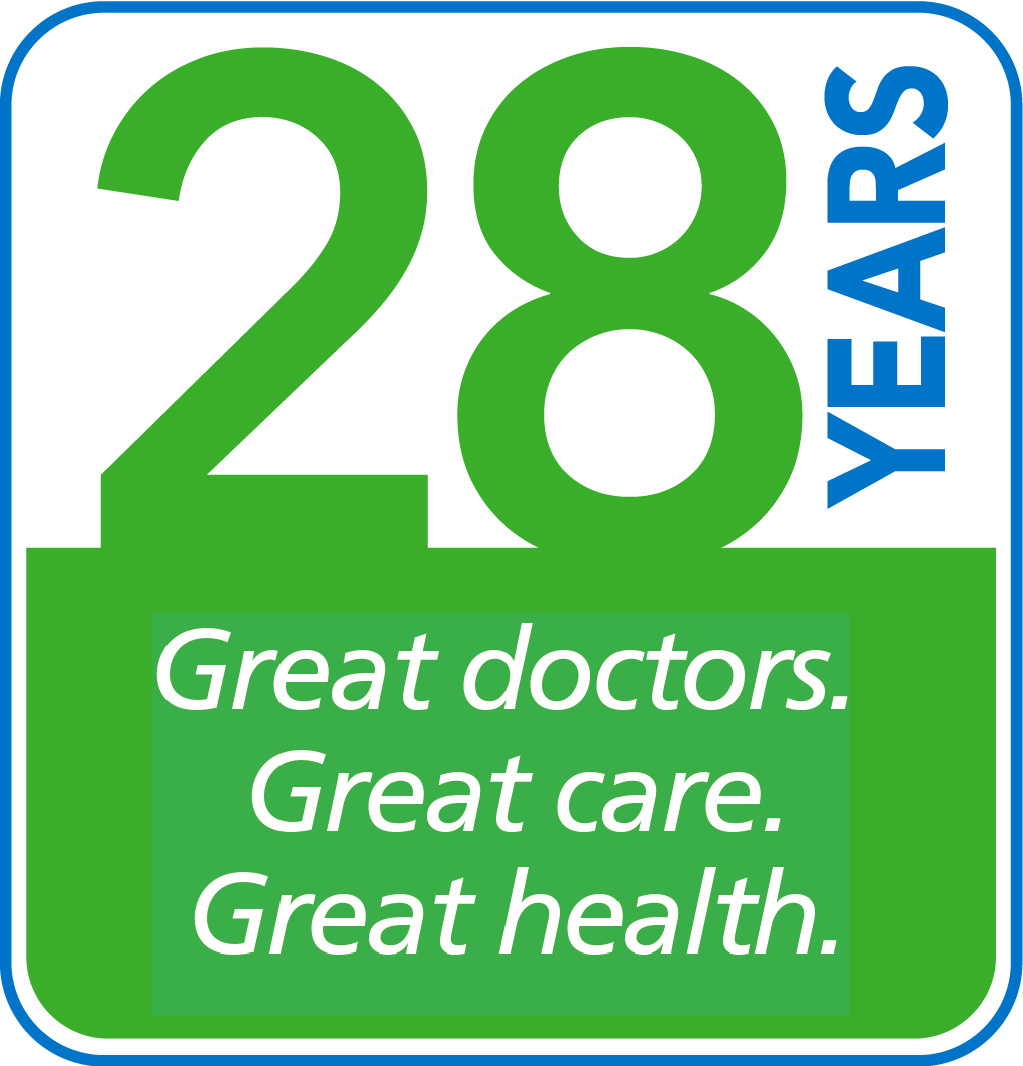If you have heart disease, you get chest pains, right?
Not all heart problems come with such clear warning signs. Coronary disease includes a number of conditions, which have different symptoms. Learn the symptoms and you’ll be better prepared to head off a dangerous health episode.
Coronary artery disease
Coronary artery disease develops when the arteries that supply blood to the heart become hardened and narrowed. This is often caused by build-up of cholesterol and other materials called plaque in your arteries. This build-up is called atherosclerosis. As it increases, it can reduce or block blood flow to the heart.
The most common symptom of coronary artery disease is angina or chest pain. People with angina describe it as a discomfort, heaviness, pressure, aching, burning, fullness, squeezing or painful feeling in the chest. It can be mistaken for indigestion or heartburn. Angina may also be felt in the shoulders, arms, neck, throat, jaw, teeth or back.
Coronary heart disease may lead to a heart attack. It can also weaken the heart muscle and cause heart failure or heart rhythm abnormalities (arrhythmias).
Heart attack
A heart attack occurs when blood supply to your heart is reduced or blocked, causing part of the heart muscle to die. Symptoms of a heart attack can include:
- Chest discomfort ─ it can feel like an uncomfortable pressure, heaviness, squeezing or pain in the center or the left side of the chest
- Discomfort radiating to the back, jaw, neck, and one or both arms.
- Fullness, indigestion or choking feeling (may feel like heartburn)
- Sweating, nausea, vomiting or lightheadedness
- Extreme fatigue that can last for days, anxiety or shortness of breath with or without chest discomfort
- Rapid or irregular heartbeats
Arrhythmia
Arrhythmia (heart rhythm problems) happens when the electrical impulses that regulate your heartbeats don’t work properly, causing your heart to beat too fast, too slow or irregularly. Atrial fibrillation is one type of heart arrhythmia. Symptoms of heart arrhythmia can include:
- Palpitations ─ a feeling of skipped heart beats, fluttering or flip-flop sensation
- Pounding in the chest
- Dizziness or lightheadedness
- Fainting or near fainting
- Shortness of breath or wheezing
- Chest pain
- A racing or slow heartbeat
- Weakness or fatigue (feeling very tired)
Heart valve disease
Heart valve disease occurs if one or more of your four heart valves don’t function properly. Birth defects, age-related changes, infections or other conditions can cause your heart valves to not open or close properly, or leaking which can cause blood to flow backwards into the heart chambers. Symptoms of heart valve disease can include:
- Shortness of breath and or difficulty catching your breath
- Unusual fatigue
- Swelling in your legs, ankles, feet and abdomen
- Fluttering, irregular or racing heartbeat
- Dizziness or fainting
Heart failure
Heart failure is a condition in which your heart can’t pump enough blood to meet your body’s needs. Some causes include coronary heart disease, heart valve abnormalities, heart attack, diabetes and high blood pressure. If you have heart failure, you may experience:
- Shortness of breath during activity or at rest, especially when lying flat in bed
- A dry, hacky cough that doesn’t go away or wheezing
- Rapid weight gain, as much as 2-3 pounds per day
- Swelling in ankles, feet, legs and abdomen
- Fatigue or lightheadedness
- Rapid or irregular heartbeats
Pericarditis
Pericarditis is inflammation of the lining around the heart. It causes chest pain and accumulations of fluid around the heart. Causes of pericarditis include infections, injury and radiation treatment. Pericarditis usually begins suddenly and is short lived.
The most common symptom of pericarditis is chest pain, but it’s different from the pain of a heart attack. It may be sharp and located to the center of the chest. It gets worse when lying down, taking a deep breath, coughing or swallowing. Sitting up and leaning forward improves the chest pain.
Symptoms of heart disease aren’t always clear-cut, and it may be difficult to tell what’s really going on. If you are experiencing any of these symptoms, check with your health care provider. Or if they’re severe, call 911. It’s the fastest way to receive life-saving treatment.
Dr. David Jackson, M.D., FACC is a MPCP partner and is certified by the American Board of Internal Medicine in both Cardiovascular and Internal Medicine. He sees patients in the Columbia Cardiology office.

 Dr. David Jackson is board-certified in cardiology with extensive experience in all aspects of cardiovascular disease. He is is available for office consultations to assess patients’ cardiovascular risk factors. The Columbia Cardiology office provides high-quality, on-site cardiac stress testing and cardiac ultrasound testing. Contact us at 410-740-0789 or visit
Dr. David Jackson is board-certified in cardiology with extensive experience in all aspects of cardiovascular disease. He is is available for office consultations to assess patients’ cardiovascular risk factors. The Columbia Cardiology office provides high-quality, on-site cardiac stress testing and cardiac ultrasound testing. Contact us at 410-740-0789 or visit 
 Dr. Jackson is a Maryland Primary Care Physicians, LLC partner and is certified by the American Board of Internal Medicine in both Cardiovascular and Internal Medicine. Dr. Jackson is a graduate of Harvard College in Cambridge, MA. He received his medical degree from Mount Sinai School of Medicine in 1980 and completed his residency program in Internal Medicine at St. Luke’s Roosevelt Hospital Center in 1983. Dr. Jackson completed his cardiology fellowship at Norwalk Hospital, an affiliate of Yale University School of Medicine, in 1985.
Dr. Jackson is a Maryland Primary Care Physicians, LLC partner and is certified by the American Board of Internal Medicine in both Cardiovascular and Internal Medicine. Dr. Jackson is a graduate of Harvard College in Cambridge, MA. He received his medical degree from Mount Sinai School of Medicine in 1980 and completed his residency program in Internal Medicine at St. Luke’s Roosevelt Hospital Center in 1983. Dr. Jackson completed his cardiology fellowship at Norwalk Hospital, an affiliate of Yale University School of Medicine, in 1985.


